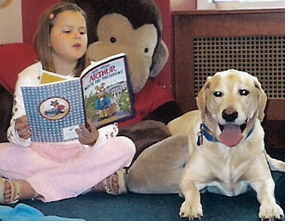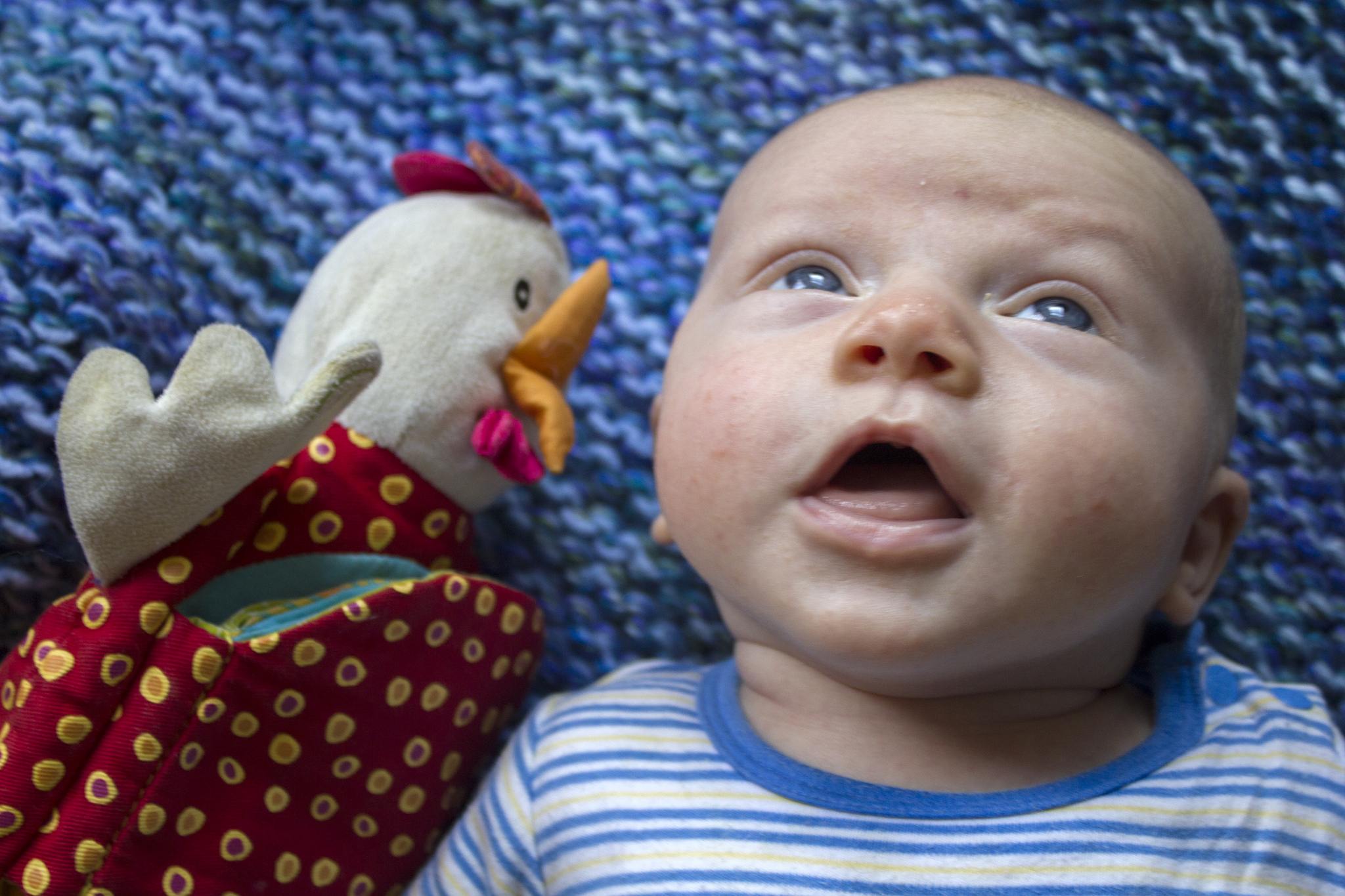Before children set foot in a classroom, their main source of knowledge comes from within the home. That’s why one of the philosophies of the Thirty Million Words Initiative (TMW) is “Parents are children’s first and most important teachers.” Many children will know how to say 100 words by the age of 21 months and will normally begin to string those words into short sentences. This is precisely why introducing vocabulary to your child early on is essential. Although it may just seem like baby talk, research has shown that parents who begin speaking to their children at an early age provide their child with a greater advantage later in life.
What to Do If Your Family Has Been Denied Early Intervention Services
Language Development State ResourcesYou, as a parent, know that your young child could use a boost in his or her language development, but your local Early Intervention (EI) program has deemed your child not sufficiently delayed to warrant funded therapy services. So what do you do now that you’ve been denied Early Intervention Services? This is an agonizing question to have to face. Unfortunately, as a consequence of the 2008-2009 financial crisis, many states sharply cut back on available funds for EI. I thought this was a terrible decision. What better investment in society is there than in the very young? And the research is strong and clear: intervening early in a child’s development can have an outsized impact on their overall development.
What is Speech Therapy like? One Mommy’s Story.
Parents' Corner Speech Therapy for KidsIf your child needs to see a speech therapist, there are a ton of great resources to help you through the process. Teachers, pediatricians, ASHA, and the all-knowing Google can guide you through the basics: from what’s an SLP to how to do I understand my IEP? But, there are times when you just want to hear about the experience from another parent. How did they react to the idea of speech therapy? How do they find the time for it? What is Speech Therapy like? What did their other kids think about their big brother having special appointments? Did they ever get a hang of all the acronyms? How do other families go from “I think we need to see someone” to “Speech therapy, yup, that’s a regular part of our family life.”
Animal-Assisted Speech Therapy
Parents' Corner Speech Therapist Speech Therapy Techniques
Animals Can Be An Excellent Supplement to Speech Therapy. Image courtesy of www.pawsandthink.org
Shark Week is here! Shark Week is here!! Sure, it’s fun to watch on TV, but what does it have to do with speech and language therapy? Actually, quite a bit. Sure, there is our good friend the Shark Buddy, but what about swimming with dolphins, riding horses or even petting a dog? Animal-assisted therapy has been gaining strength in popularity and recognition as an effective part of a therapy regime for children who have a wide range of social, language and communication disorders.
Continue reading
5 Fast Fixes for “F” Sound Practice
At Home Ideas Language Development Parents' Corner Pronunciation & Lisps Speech Therapy Techniques
Image courtesy of www.really-learn-english.com
A few weeks ago, we covered methods to help your child correctly pronounce the sound of “TH”. While the most commonly mispronounced sounds are r, l, s, ch, and sh, the sound of “F” as in “Fish” is particularly difficult for a number of people, especially young children. Are you hearing a “p” instead of an “f”? Do your fish live in a “pishbowl” instead of a “fishbowl”? While we don’t have a Speech Buddy Tool designed to treat the mispronunciation of “f,” we do have suggestions to help your child with “f” sound practice. Here are five fabulous facts and features to fix the sound of “f”.
Continue reading




